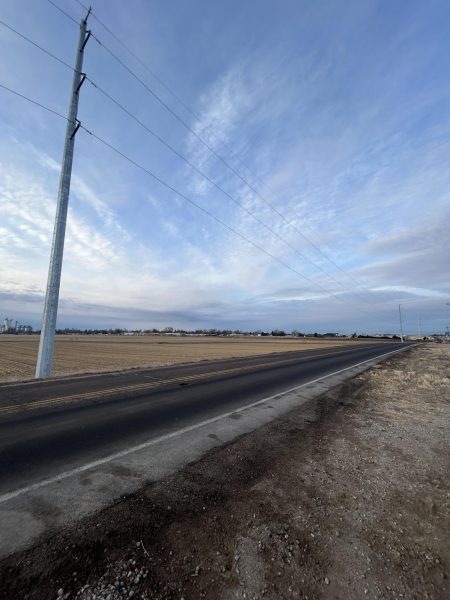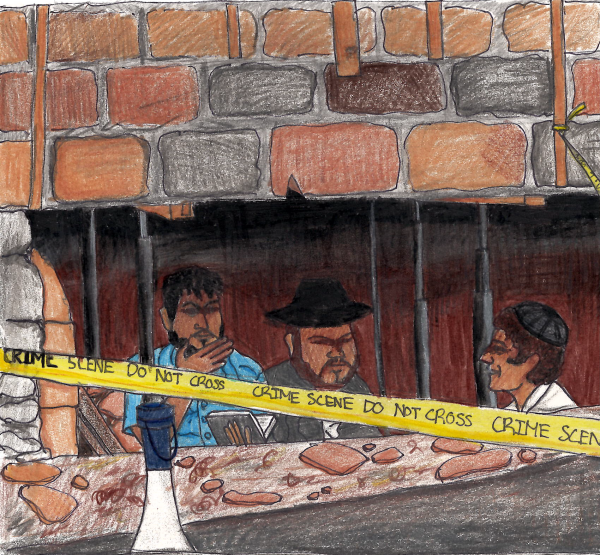How to Deal with Grieving
Tips to deal with grieving and grieving people.
With the tragedy of death fresh in the hearts and minds of Weld county, it is important to stay safe and know how to help one another. Grieving is a unique and difficult emotion to handle on your own, so do not be afraid to ask for help from friends, counselors, teachers or another trusted adult. People grieve in their own ways; sometimes it takes weeks for people to begin the grieving process. A person could be fine for weeks before the grief kicks in, so when this happens let them grieve, let the person know they aren’t alone or misunderstood. Marcy Sanger, a counselor at Eaton High school said, “Grief presents in several different kinds of emotions and physical symptoms. Not all people express grief in the same way so it is important to listen intently to people and observe their behaviors.” Grief can trigger other traumas in a person’s life or cause other symptoms such as difficulty focusing, depression, anxiety, nihilistic actions, or suicidal thoughts according to Dougy Center: The National Center for Grieving Children & Families website. As an adult with a grieving child, the best thing you can do is listen to your child and make sure that they have assets available to talk to and to go to for help. It will be frustrating to with your child hurt and attempt to deal with the pain in their own but give them space when they need it, they will come to you when they are ready. As a child, remember that your parents and adults are human too and that they are affected as well and that they worry about you. You may feel alone but you have resources, you have friends who care. If you’re feeling overwhelmed https://www.communitygriefcenter.org/ is a good place to start, all services are free. The site is for children, teens, and adults who are going through a tough time dealing with death or other tragedies. It can also be found at this address; 4650 W 20th St b, Greeley, CO 80634 and at this phone number; (970) 506-4114. Another source is North Range Behavioral Health found here; http://www.northrange.org/ . The “5 Stages of Grief” as they are known are seen as going in the order of denial, anger, bargaining, depression, and acceptance. When going through grief the stages aren’t as organized and neat as it seems. Sanger said, “‘stages of grief’ are not a linear process and people may feel all the stages of grief in one day and several at the same moment.” Grieving is a painful and often slow process, growing as a community is important to the healing process and to prevent future tragedies. In memory of those who had left too early lets grow as a group and continue to support and protect each other.













